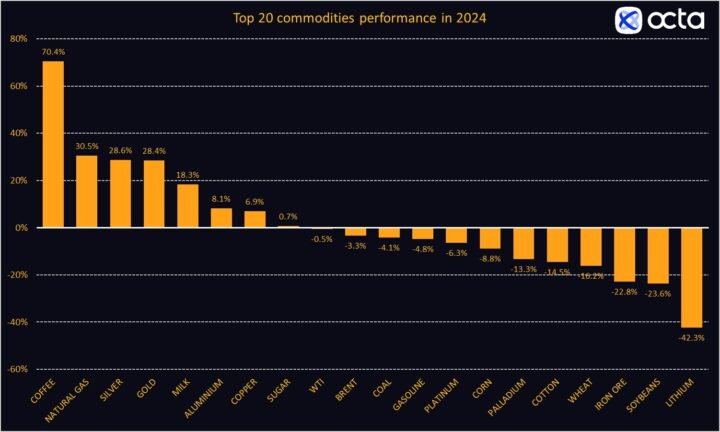Global financial markets have been rattled as escalating Israeli airstrikes fuel fears of a broader conflict in the Middle East. Investors are reacting to rising geopolitical tensions, with major stock indices experiencing sharp declines amid concerns over oil prices, supply chain disruptions, and overall economic uncertainty.
Oil prices surged following the intensified military action, as the risk of instability in the region heightened worries about energy supply disruptions. Brent crude and WTI crude both saw significant gains, reflecting investor anxiety over potential supply shocks from key oil-producing nations.
Stock markets across Europe, Asia, and the United States opened lower, with investors shifting towards safe-haven assets such as gold, U.S. Treasuries, and the Japanese yen. The sell-off was particularly pronounced in sectors sensitive to geopolitical risks, including airlines, technology, and financial stocks.

Market analysts warn that prolonged conflict or possible involvement of other nations could lead to further volatility, with global economies already dealing with inflationary pressures and slowing growth. The heightened uncertainty has also raised concerns over central bank policies, as policymakers weigh the economic impact of rising geopolitical tensions.
As diplomatic efforts struggle to contain the crisis, investors are closely monitoring developments in the Middle East, with financial markets poised for further turbulence depending on the trajectory of the conflict.
Support InfoStride News' Credible Journalism: Only credible journalism can guarantee a fair, accountable and transparent society, including democracy and government. It involves a lot of efforts and money. We need your support. Click here to Donate
